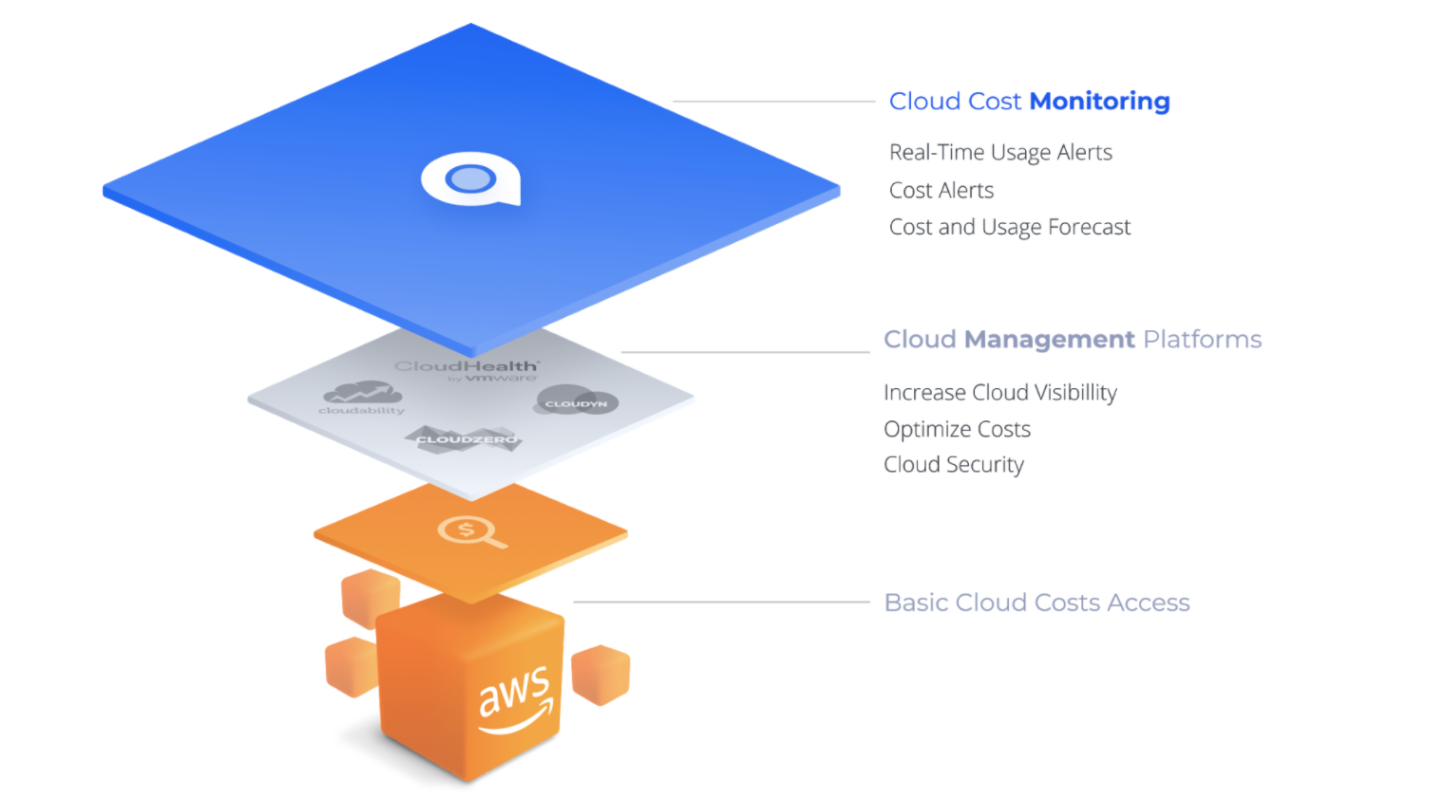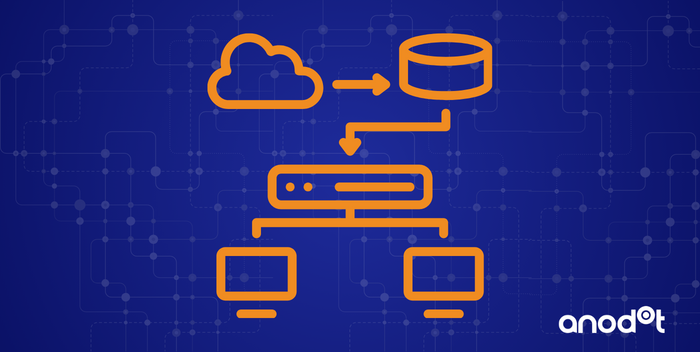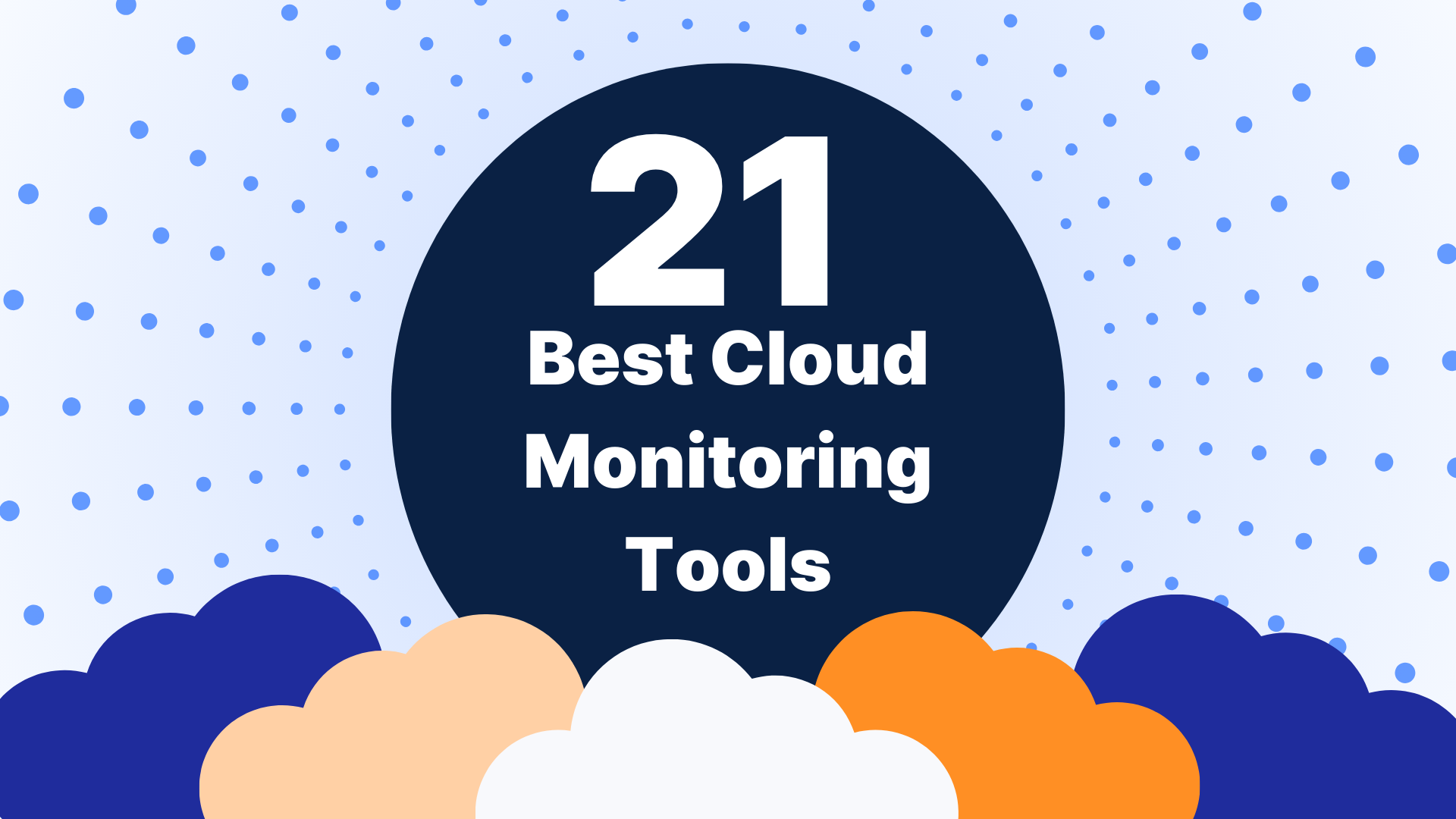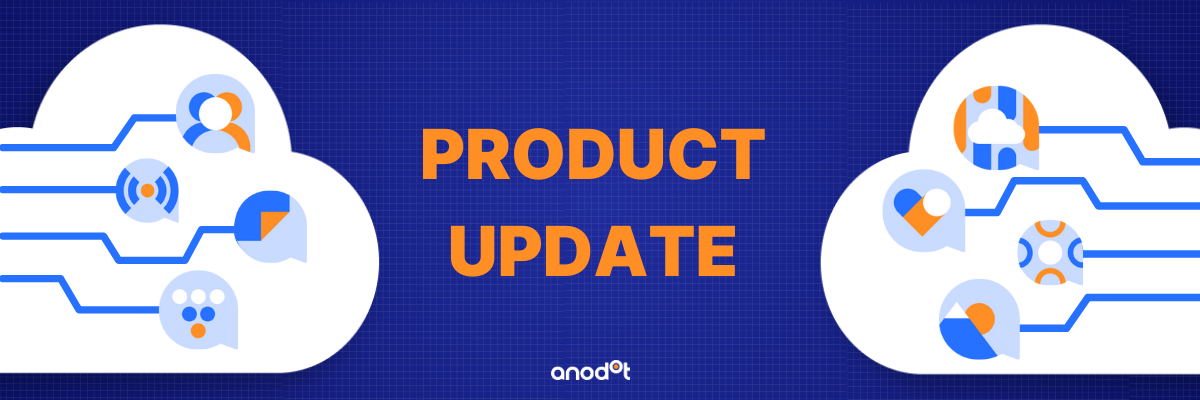During Anodot’s week-long Data World event, I hosted a panel with tech leaders Amiram. Shachar, VP & General Manager at Spot by NetApp, Dvir Mizrahi, Lead Infrastructure Financial Engineer at Wix, Yonatan Aharon, Engineering Manager – Data Platform at GetYourGuide and Yuval Dror, Anodot Director of Engineering and Head of DevOps & SRE, to share strategies for optimizing cloud usage to cut back on costs – an issue that’s been widely visited during this year’s economic turmoil.
WATCH THE PANEL
What’s the business impact of cloud costs and who’s responsible for achieving costs goals?
To kick off the discussion, I asked the panel how painful cloud costs are to their respective companies.
Shachar said the impact falls on a spectrum:
“After developing a product that helps people with cloud costs, I can tell you that the spectrum is very wide—from companies that just moved to the cloud and have not yet experienced the problem of costs all the way to companies that have to stop hiring because cloud costs are so painful. What we’re seeing across our entire customer base is that cloud costs are the second largest line item in their expenses, after only salaries and labor costs.”
In selling Spot’s compute management and cloud cost optimization products, Shachar also noted that they are primarily dealing with C-Level and directors at large enterprises and DevOps and finance professionals at smaller companies.
Dror said, “Our cloud operation is managed primarily by the R&D team. In addition to the final cloud cost bill, the responsibilities for the VP of R&D and the DevOps team are to make sure that developers are as effective as possible.”
What are some strategies to save on costs?
According to Aharon, “I feel like the biggest challenge with the cloud is visibility into costs. Since we are usually working with different cloud technologies and tools, usually the cost reports and monitoring are spread around all of them. It is very hard to consolidate all these costs into a single report or dashboard to see the drivers per initiative, and not per technology.”
One of the main reasons that cloud costs are so painful is that the majority of traditional tools do not update in real time. Instead, many cloud costs providers require that you check each platform and technology manually.
An important point that was discussed is that cloud cost optimization starts with the company culture. Before choosing specific tools, the company should first make all the necessary information available to the DevOps team so they have complete visibility into what’s driving costs. Once that visibility is achieved, the company can start making smarter decisions.
I added, “It’s all about data. It’s about collecting the data, getting the insight, being able to find anomalies as they occur, and putting tags on the right services for classifying each cost. This is a data problem.”
How do you mitigate the surprise factor in your monthly bill?
Dror highlighted that data-driven companies such as Anodot run a lot of experiments, each of which can be very expensive. To manage all these experiments, their ultimate goal is to find potential issues and runaway costs before they incur significant costs.
He mentioned that his team is using Anodot’s own real-time cloud cost management and optimization to avoid surprises in the monthly bill and forecast upcoming costs. This is a driving component in their multi-prong cloud-cost initiative that’s projected to save the company $360,000 this year.
How do cloud costs differ in startups, fast-growing companies, and mature companies?
The speakers agreed that early-stage companies typically have less of a focus on optimizing their cloud costs since they usually have a small team and need to focus on building the product. As companies start to scale, they realize that cloud costs are a big line item that needs to be optimized. Aharon highlighted that cloud costs can grow very quickly, so having someone on the team early in the company’s growth that understands the complexity can be very beneficial.
Dror added that it is always a trade-off between time to market and optimizing costs. As a startup, you want to be fast and agile, but eventually you arrive at a place that optimizing cloud costs is a critical part of business operations.
Does every company need a dedicated FinOps role?
When shifting the conversation towards the topic of FinOps, the question came up whether every company needs a dedicated x role.
Many agreed that it depends on the size of the company, although Dror noted that you don’t necessarily need to bring the FinOps role in-house in the earlier stages of a company, as there are many consulting companies that may be better suited to assist with cost optimization before hiring someone full-time.
Are the resources and tools that cloud providers, such as AWS, provide sufficient for optimizing cloud costs?
Shachar said data scientists and developers are so focused on building and testing products that they usually don’t have time to focus on the cloud costs they’re generating. “When it comes to free tools from cloud providers vs. paying for third party tools, sometimes the free version is way more expensive than something that costs you a bit of money upfront.”
The panel agreed that when comparing free with paid services, there’s a trade-off.
“We keep using the term ‘free service’… it’s not free. Everything that is ‘free’ comes with an operational cost,” Mizrahi said.
We covered some of the highlights. To delve deeper into cloud cost management, watch the talk here.
Start Reducing Cloud Costs Today!
Connect with one of our cloud cost management specialists to learn how Anodot can help your organization control costs, optimize resources and reduce cloud waste.





